More solutions, a debate about subsidies, and a look on renewable energies:
In Ploff.net we always like to tell you about small solutions, around the world, at a local level –then, creating a buzz, at a global level– which are applicable in several places. They are solutions which emerge more frequently these days. Solutions which protrude independently from one place to another, but with one objective in common, to socially transform ourselves towards sustainability.
In the last Environment Province Council assembly, taken forward in the city of Mendoza, it was decided to declare of federal environmental interest the “Plan TuBi San Luis, mi provincial en Bicicleta” (Your Bike Plan, my province on bike) which “seeks to increase the usage of this transport as well as the exercise levels of society as a whole, trying to achieve a shift in old habits towards a more healthy and sustainable way of living”, pointed out Daiana Hissa, minister and vice-president of the Council.
This Plan already delivered 1808 bikes in several schools and they will be 9500 delivered by the end of this year, enhancing the national industry of these ecological transports.
Another news worth reading: the owners of the metro in Pekin, offer their passengers to pay their ticket with an empty plastic bottle. In this way, travelers can make their contribution in preserving the environment and saving one ticket in exchange. The plastic is recycled and sold to reutilize it. A simple shift: bottles for tickets, but a huge cooperation between the managers of the metro, the institutions which make the recycling and the companies which buy and re-insert the plastic in the market. These kinds of solutions, a little bit intricate but simple in essence, are the ones which will unlock this system.
In our country, public transports based on fossil fuels are subsidized by the State. This means that the users of the public transport service pay a phantom ticket as part of the ticket is paid by the State… The same happens when we pay for electricity… electricity generated by sources of energy which are not clean at all (burning coal and gas, etc.)
These activities are subsidized, this means, the State inserts money in order to keep the system going for a little bit longer. The environmental damages produced –known as environmental liability-, of course, are not subsidized, nor tariffed in any taxes, nor nothing (yet). Hence, it is a long term unsustainable subsidy.
“But I did not know it was like this!”, says a friend of mine, indignant. And according to article Nº 42, an article asleep, of our National Constitution, consumers (of goods) and users (of services) have the right to have access to the information related to what we consume and use. In our case, as consumers of electric energy, we can demand that it is informed to us how much of the energy we pay for is generated by a renewable source of energy and starting to increase the demand, as consumers, asking for renewable energies to be inserted in the energy grid.
If the subsidies were destined to investigate on new ways of cheapening the costs coming from the national production of renewable energy generation equipment, and if the environmental damages were computed within the prices we pay for our energy (whether it is electricity for our homes or fuel oil for our vehicles), it would be much more expensive to keep on paying for this extractive and consumer system, and the shift to renewables would be much more simple, and not so utopic.
Did you know that in 2006 the National Law N° 26.190, National Promotion Regime for the use of Renewable Sources of Energy destined to the production of electric energy was sanctioned?
And did you know what the OBJECTIVE of this law is? “To achieve a contribution of renewable sources of energy of the 8% in national electricity consumption, in a term of ten years from the starting date of this regime”, this would be 2016…
However, 7 years have passed since we set this goal as a country, and we could not achieve more than a third of the objective.
For those interested in reading a little bit more about the legal frame of renewable energies in Argentina, as I promised last week when we spoke about wind energy generators, I invite you to read this essay I wrote a few days ago to de briefed on this situation. Unfortunately, the essay is in Spanish, but it is worth having it in case you know someone who needs information on the subject and might know some Spanish. Regarding renewable energies in our country, you do not need to study centuries of history, it is happening right now!!
Last, if you click here, you can read an article, in Spanish as well, titled “How to become a really “green” company with no need for appearances” with some tips for taking actions within companies to start introducing sustainable habits in every process regarding the business.
Until next week,
Brian Longstaff.-
Bibliography.
Pictures extracted from Google.

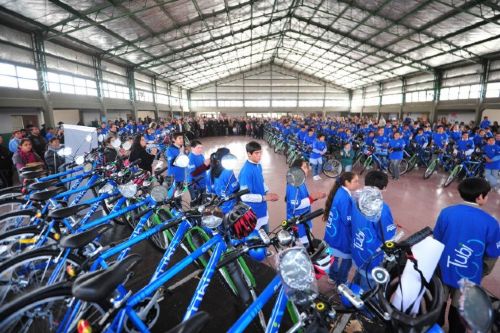
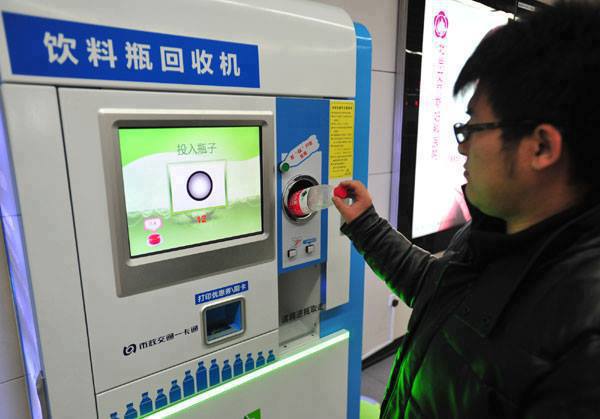
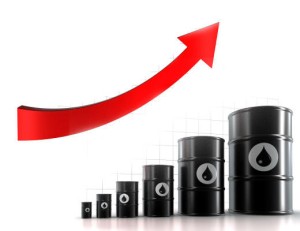
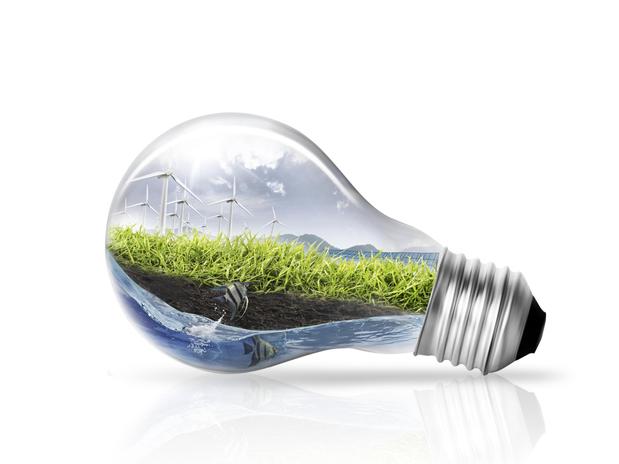
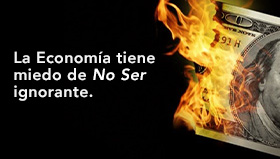




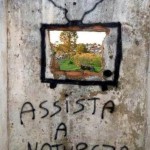
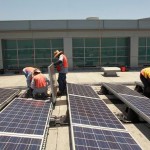





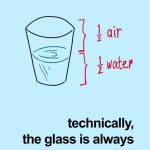



Alan Reich Aug 18 , 2013 at 12:01 AM /
prueba
Alan Reich Aug 18 , 2013 at 12:01 AM /
prueba
Nico Catalan Aug 19 , 2013 at 01:37 AM /
!